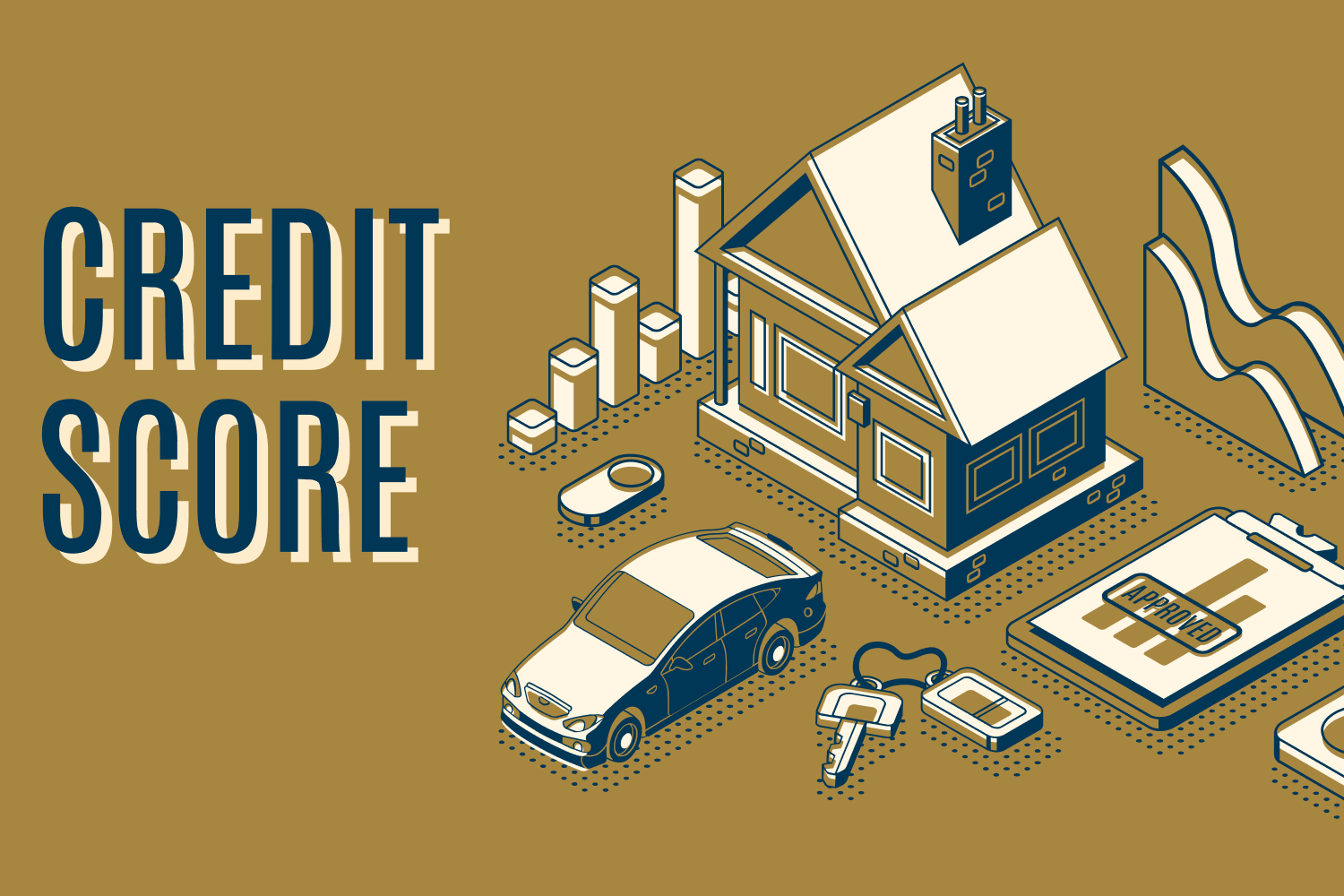Building Your Credit Score Guide
Building Credit Score After Bankruptcy
A Simple Guide To Building Your Credit Score
Your Credit Score can have an impact on many things in your life including your job, home, and insurance. Those with little to no credit can find the process of rebuilding credit after bankruptcy daunting. However, it is vital to ensure your future. Here are some basic steps anyone can take to build their credit score including what to do and what to avoid.
1. Check Your Credit Report
Credit reports are used to create your credit scores, a three-digit number that lenders typically use to gauge your creditworthiness.
3 Credit Reporting Agencies
Equifax
Experian
Trans Union
You are entitle to a free annual look at your reports from AnnualCreditReport.com
You can have a credit report if you have never had credit? Maybe.
Somebody else’s information could be mixed in with your report, either through a credit bureau mistake or because of identity theft.
You will need to clean up your credit report before trying to apply for new accounts.
2. Establish checking and savings accounts
Lenders see bank accounts as signs of stability.
3. Understand the basics of credit scoring
The important factors: Whether you pay your bills on time; How much your available credit you actually use.
Set up automatic payments or reminder systems so that you are never, ever late!
Keeping your credit use to less than 30% of your credit limits.
Pay your bill in full each month.
4. “Borrow another’s record
By being added to a credit card as a joint account holder or by getting someone to co-sign a loan for you.
5. Apply for a secured credit card
Have no application fee and low annual fee.
Convert to a regular unsecured card after 13 to 18 months of on-time payments.
Be reported to all three bureaus.
Opening a slew of cred accounts in a short period of time can make you look like a risky customer
6. Get a store card
One or two of these cards is enough.
These cards don’t do as much for your credit scores, as bank cards (Visa, MasterCard, Discover etc.), but they are usually easier to get.
7. Get an installment loan
To get the best credit scores…including revolving accounts (credit cards, lines of credit) and installment accounts (auto loans, personal loans, mortgages).
Use revolving accounts lightly but regularly.
You have to have had credit for at lease 6 months, with at least one of your accounts updated in he past 6 months.
Using your cards regularly should ensure that your report is updated regularly. It also will keep the lender interested in you as a customer. If you get a credit card and never use it, the issuer could cancel the account.
“Pay on Time, Wipe Out Debts, Raise Credit Score”
Of you didn’t like what you see, can you improve your score? Yes. fortunately, scoring models put more emphasis on the present than the past. So with ever b ill you pay on time and every debt you wipe out, your score will rise.
Helpful Links
Get your free credit report at Annual Credit Report.com

